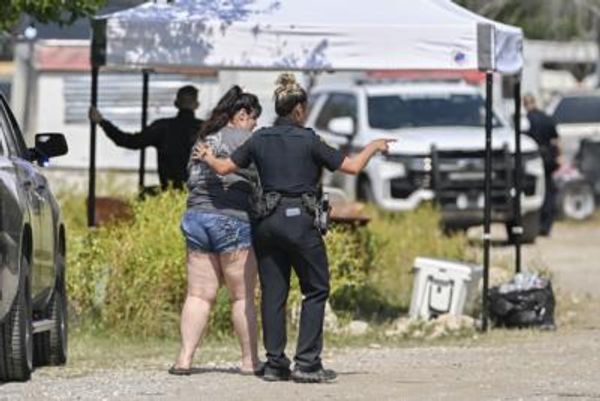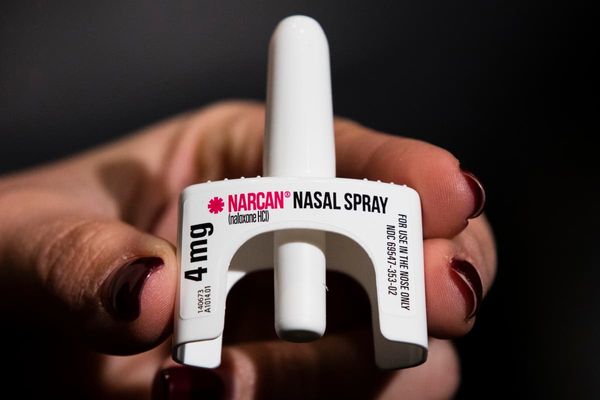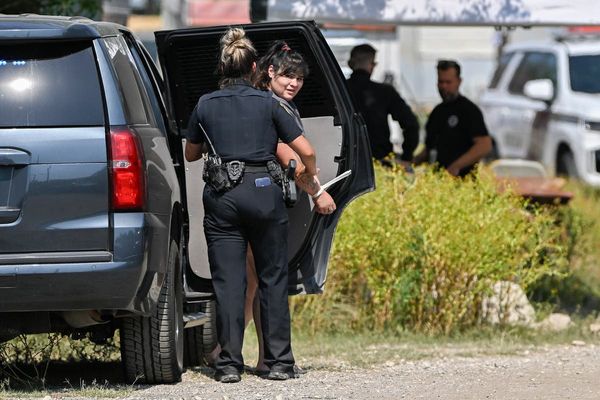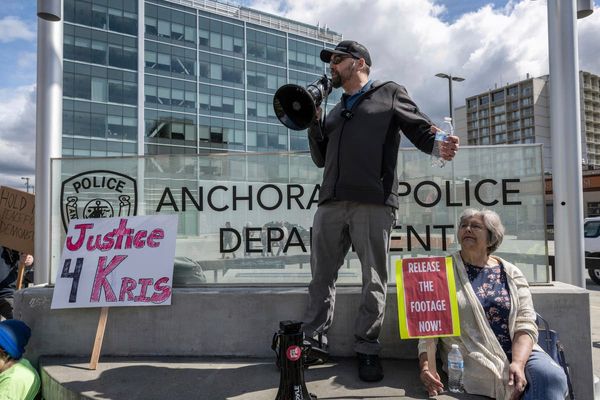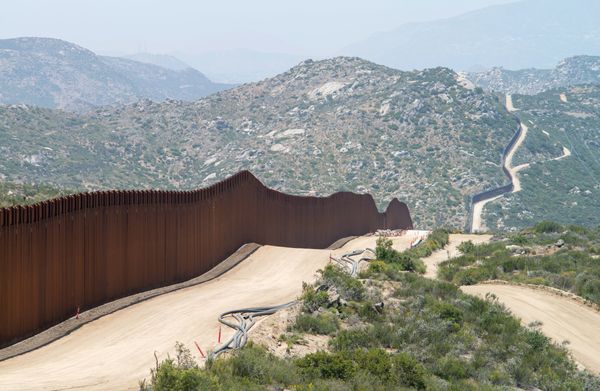Officials at a heated town meeting in Menindee were made to drink a mug of town water in front of the crowd after they told the community that it met the national Australian drinking water standards.
The public meeting of the pop-up emergency operation centre was held at Menindee civic hall on Tuesday to address community concerns relating to the cleanliness and security of water for the far western New South Wales town after the deaths of millions of fish in the Darling-Baaka River.
The dead fish stretch along tens of kilometres of the river, including the intake point for the Menindee water treatment plant. Residents of the town say they are concerned to drink the water and some who use water directly from the river say they have come up in rashes.
Representatives from NSW police, the Department of Planning and Environment, WaterNSW, Essential Water, the Environmental Protection Agency and Central Darling shire all drank the water in an attempt to show that it was safe.
The request to drink the water was issued by Jan Fennell, a resident, who said the town was tired of being given instructions by the government without being granted meaningful involvement or reassurances.
“We need more local people involved with those that are doing the testing and where you are getting the results from,” Fennell told the panel.

The water quality testing only applied to town water, not those who draw their water directly from the river. Central Darling’s shire council manager, Greg Hill, said there would be water deliveries available on request to those in the area who are not on the town water supply.
The messy process of removing the dead fish from the river was scheduled to begin on Tuesday, officials said.
That was met with concern from some residents who worried the decomposing fish would have already begun to sink. In the 2018-19 fish kills, where more than a million fish died, fish began sinking three to four days after they were seen floating on the surface.
The EPA’s regulatory operations director, Carmen Dwyer, said the excavation team would use two types of booms to sweep the river to ensure they can collect both the carcasses on the surface and those already sinking.
“[That] will allow the fish that are towards the top part of the water column to be dragged to the bank, and then we are looking at an excavator that has a mesh bucket on it that can pull out the carcasses and move them into a plastic-lined truck for disposal,” Dwyer said.
“There is a second boom that sits a little bit heavier in the water column which will pull out those fish that have started to sink and move those to the surface before they are lifted and disposed of.”
Dwyer said the EPA had already begun sampling fish for toxicology reports and said she was taking more back with her to be analysed in Sydney.
“We will have that sampling analysed for a full suite of toxicology, heavy metals and for a full suite of pesticides,” she said. “Those results will come back through the police [who are coordinating the emergency operations centre] and be made available to the community.”
The meeting was chaired by Andrew Mensforth, a Barrier police district inspector, who tried to keep questions focused on immediate water quality concerns. But many locals’ concerns about the health and management of the river far predate the latest fish kill.
The president of Darling River Action Group, Ross Leddra, said a disaster of this scale could not be simplified to a few areas of discussion.
“This is one of the worst ecological disasters on the planet and they want to narrow it down to one or two points they want to talk about,” he said.
Leddra said the community had many questions, very few of which had been “answered properly”. He said the community felt frustrated at being left out of the decision-making process and that frustration boiled over at the meeting.
“Events happen, and they [the state government] react, it’s always too late, they don’t consult, and they don’t listen,” he said. “A lot of the locals have 70 or 80 years of experience on the river. They are panicking because the deterioration [of the river], to them, is very close to being finished.”
